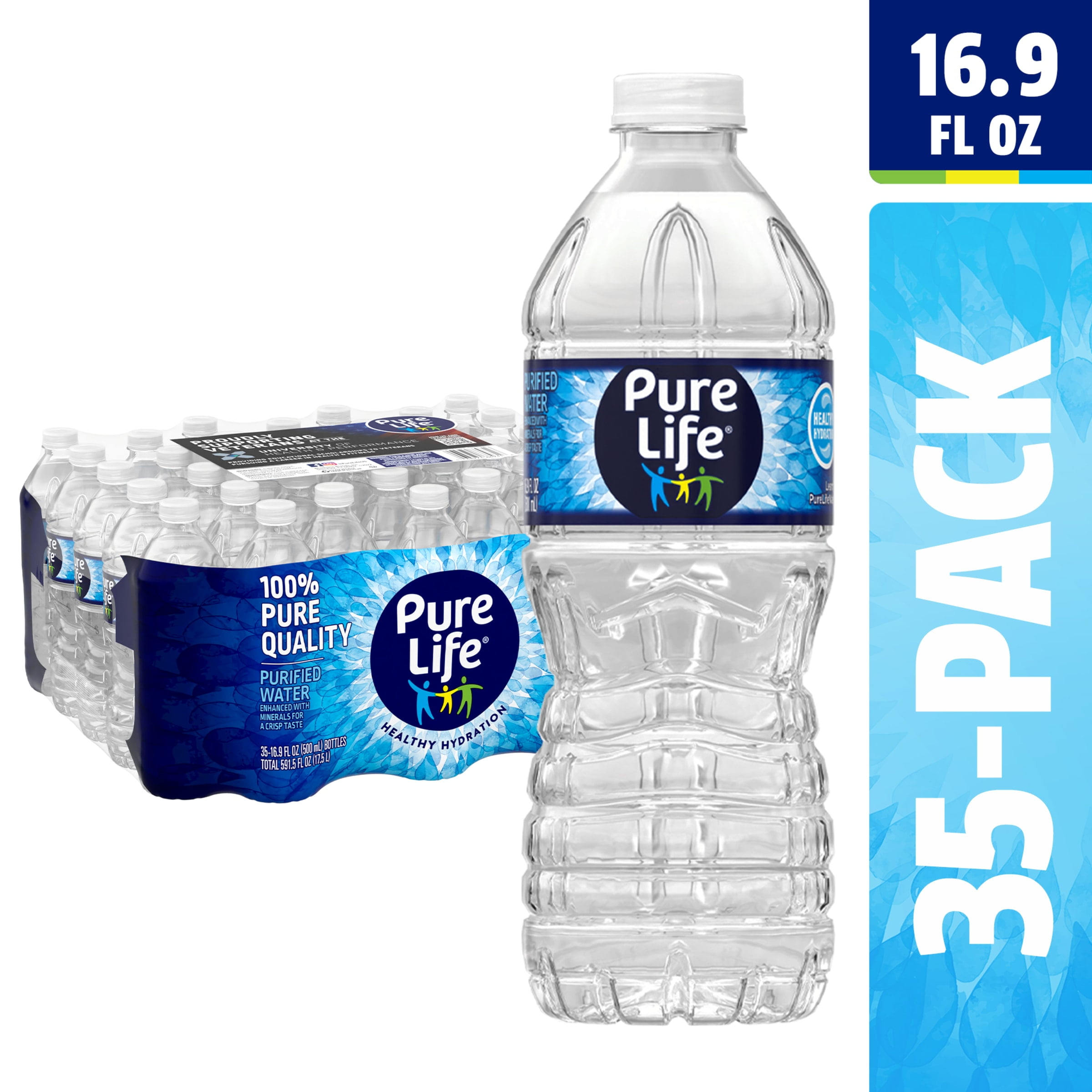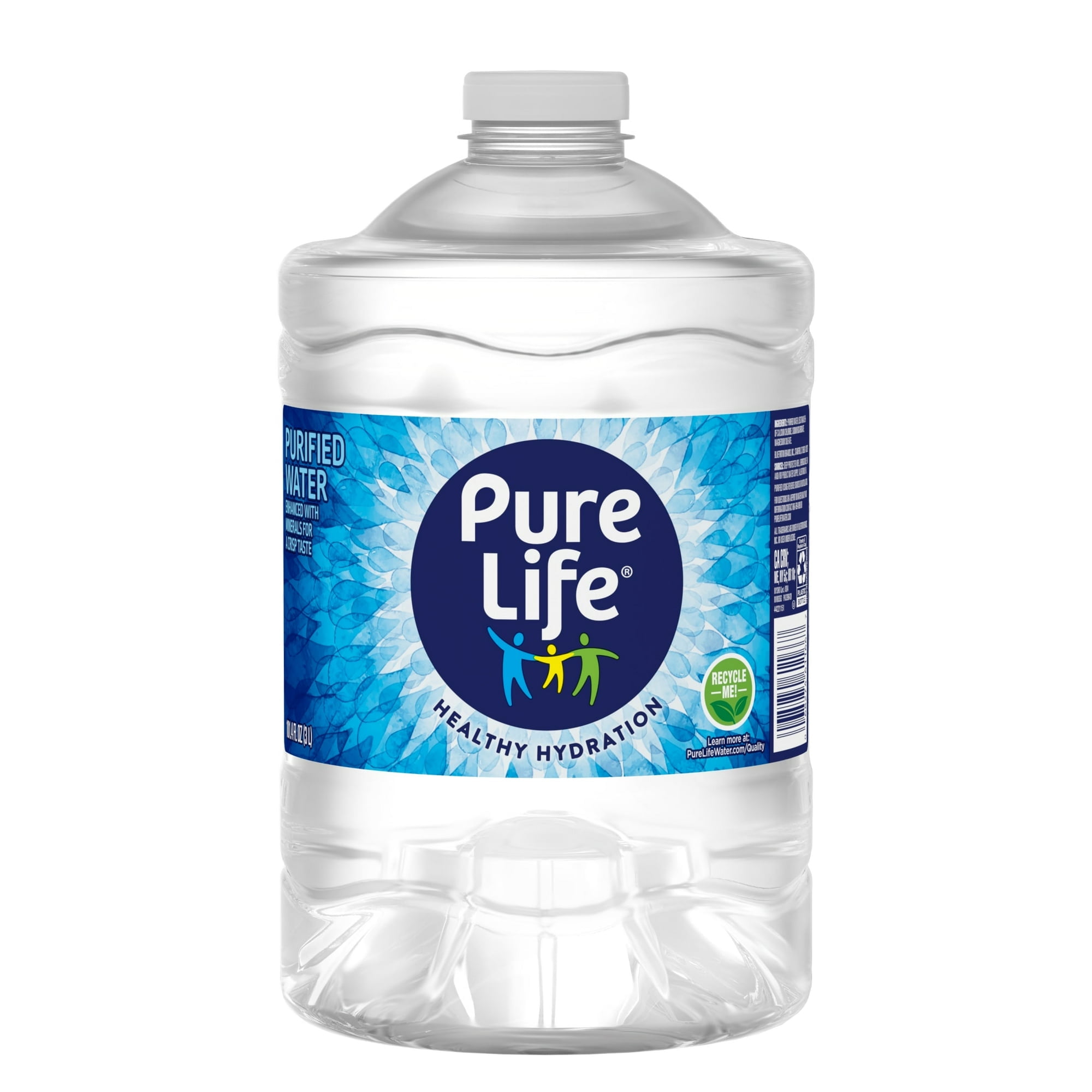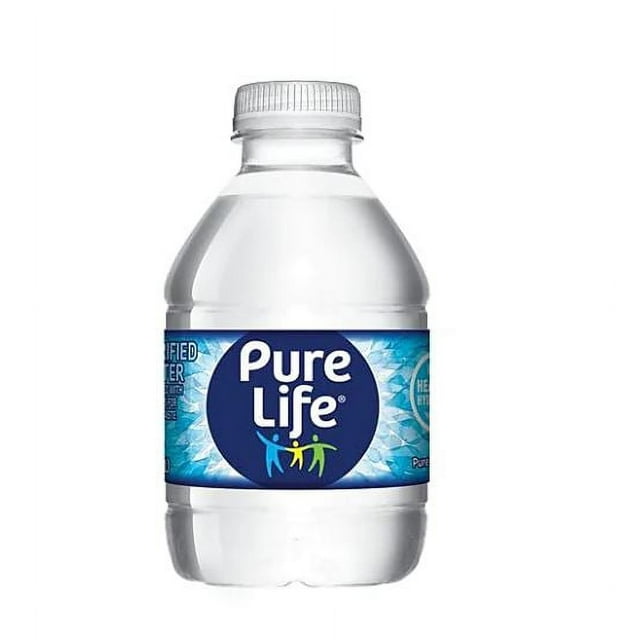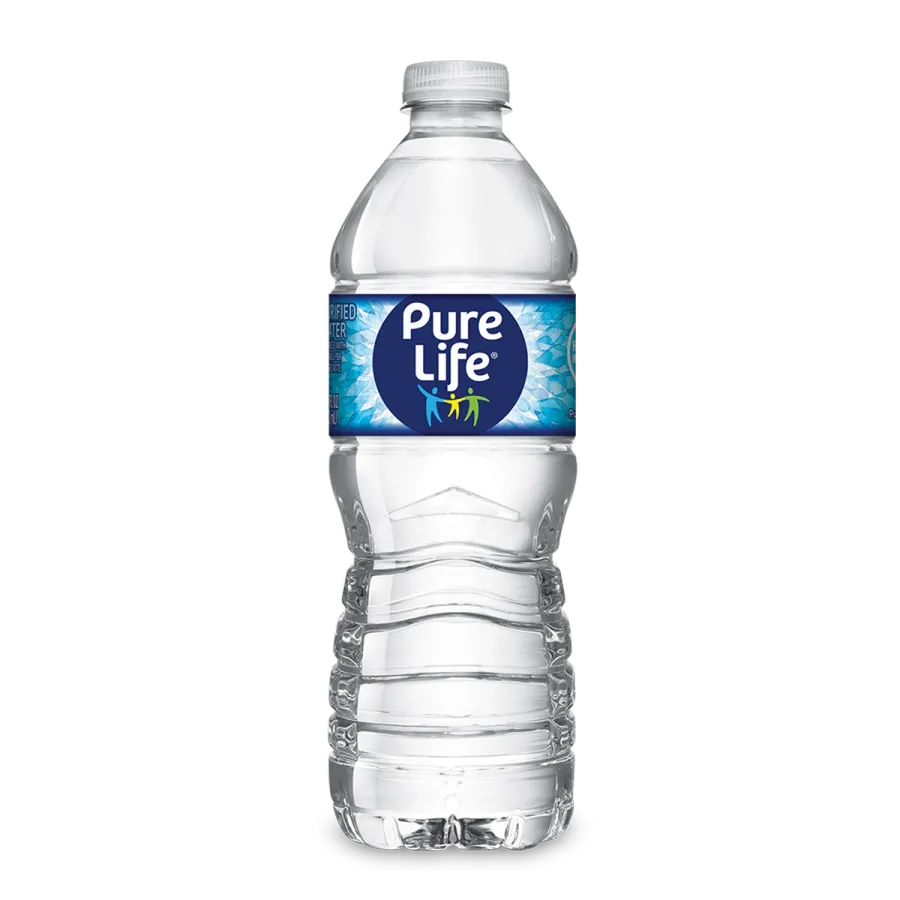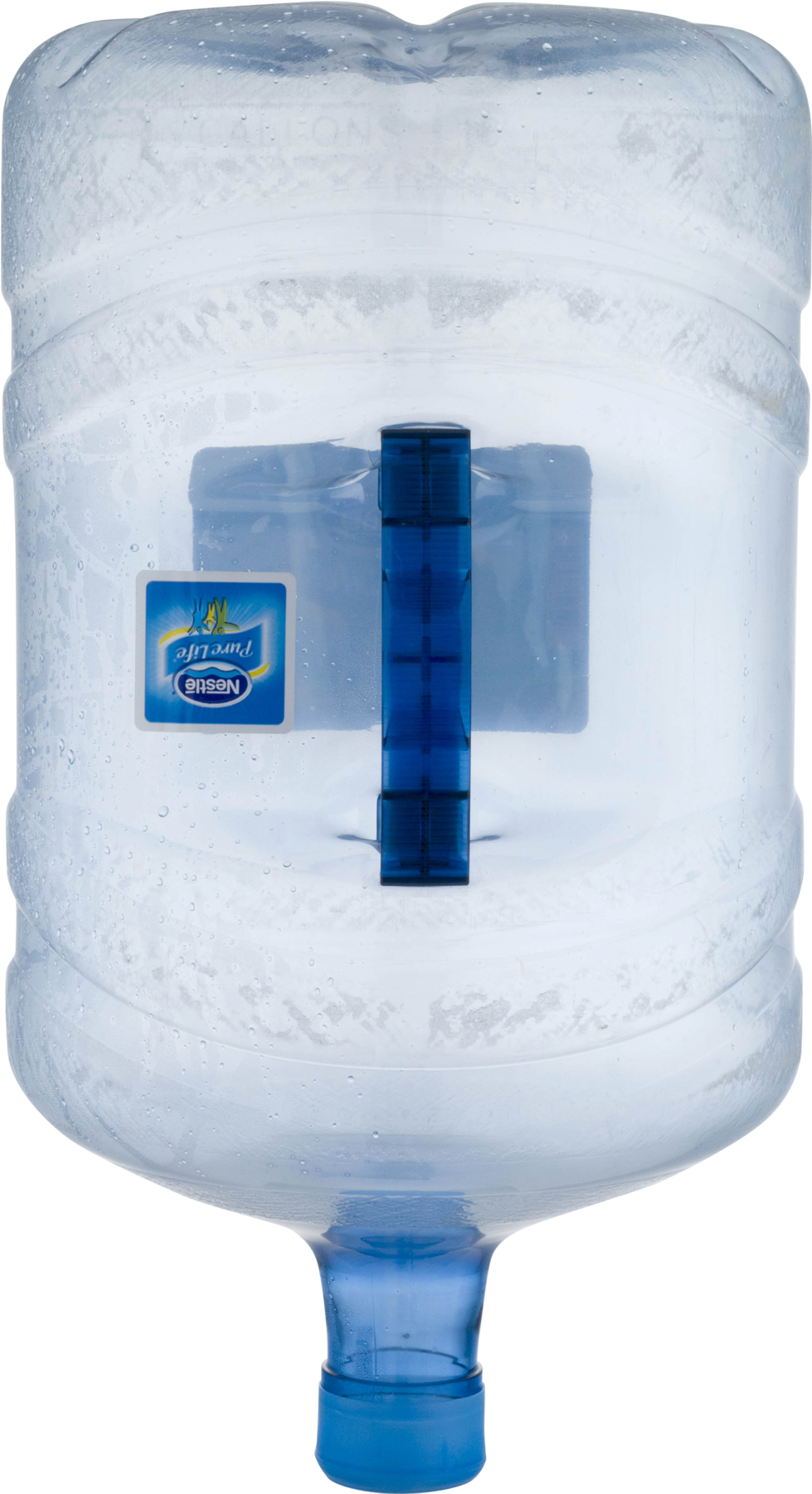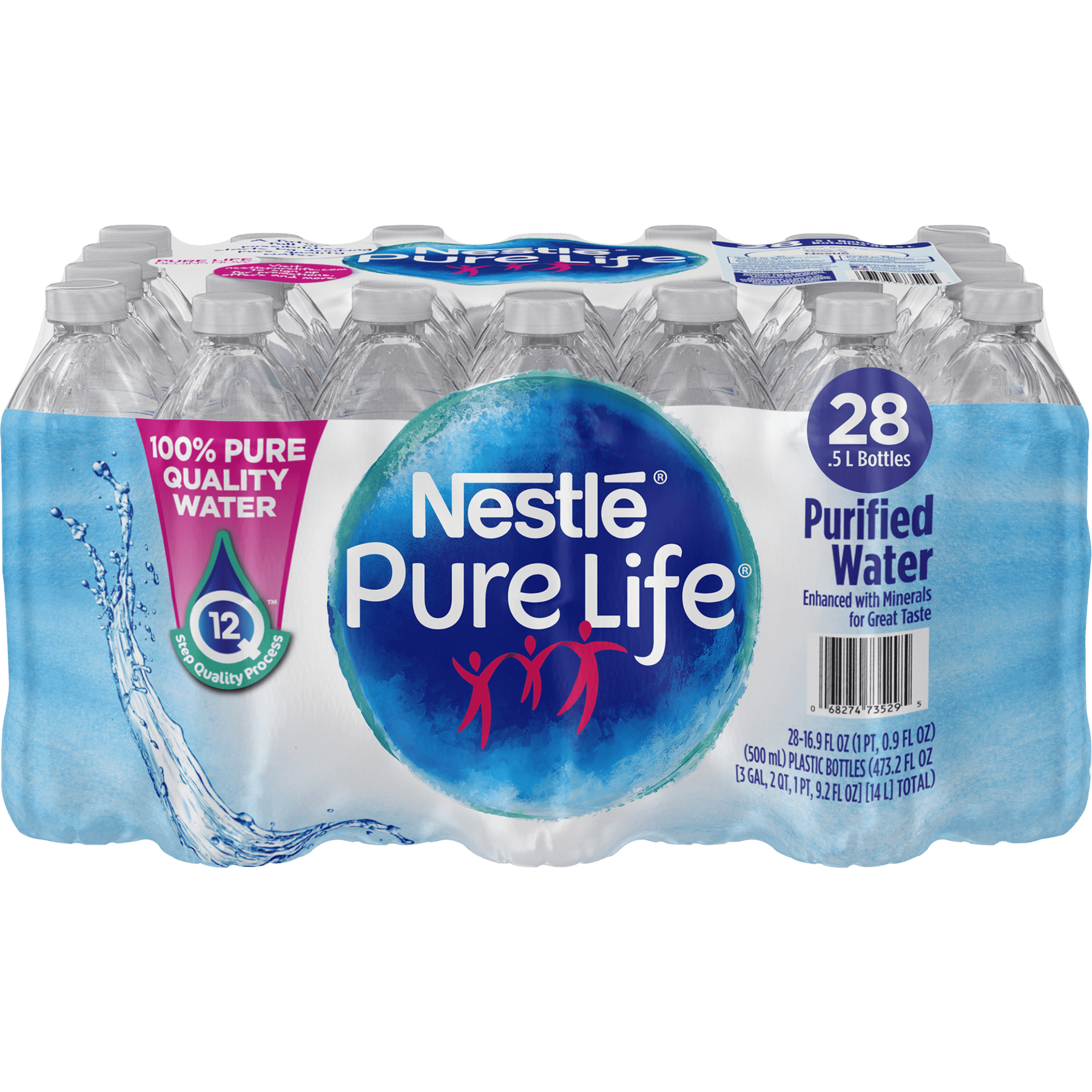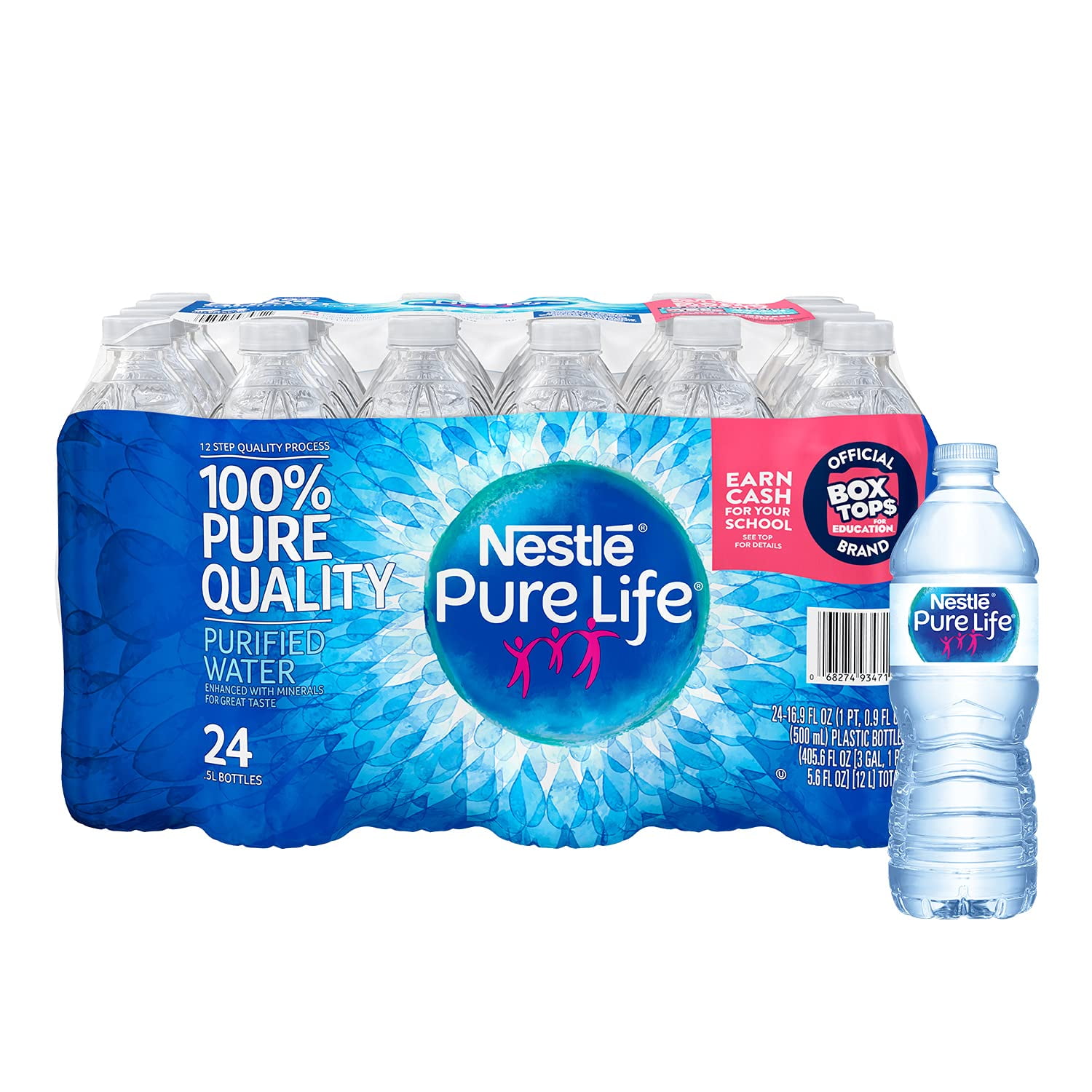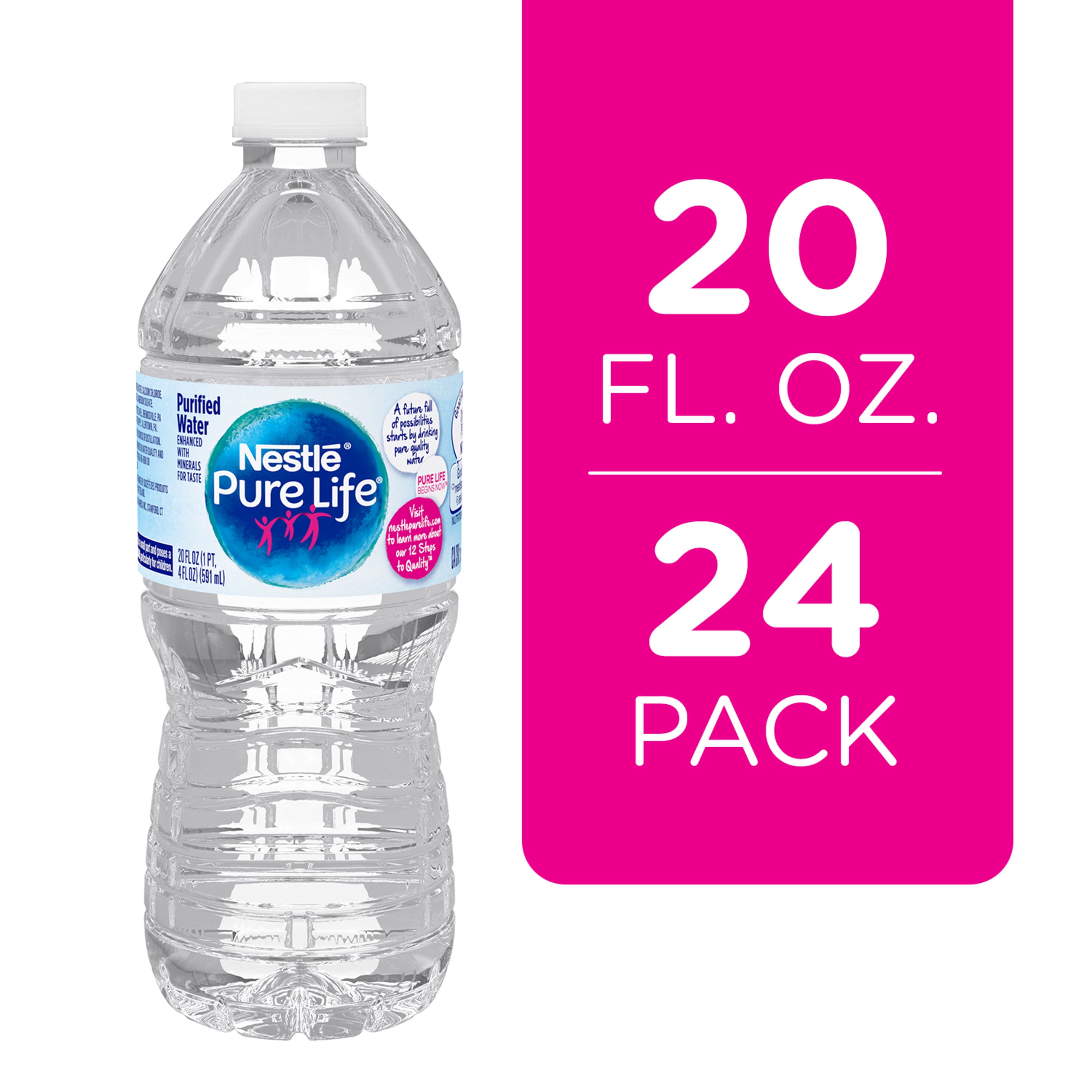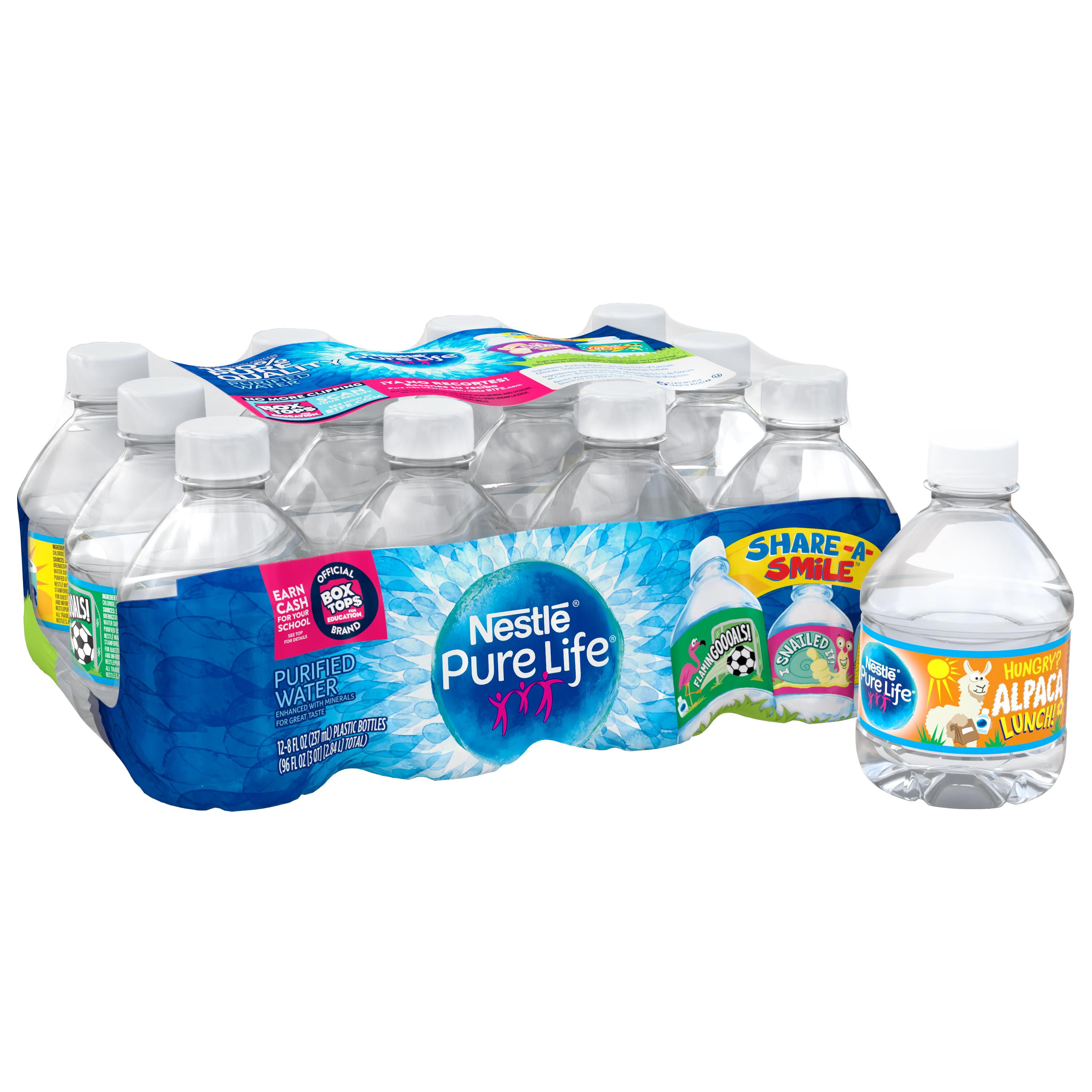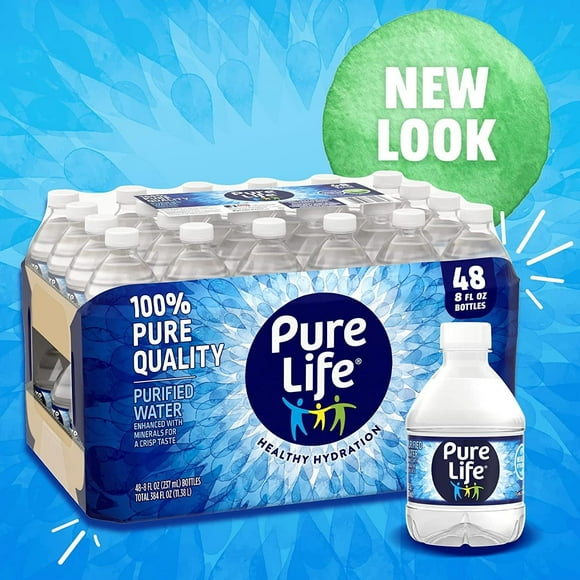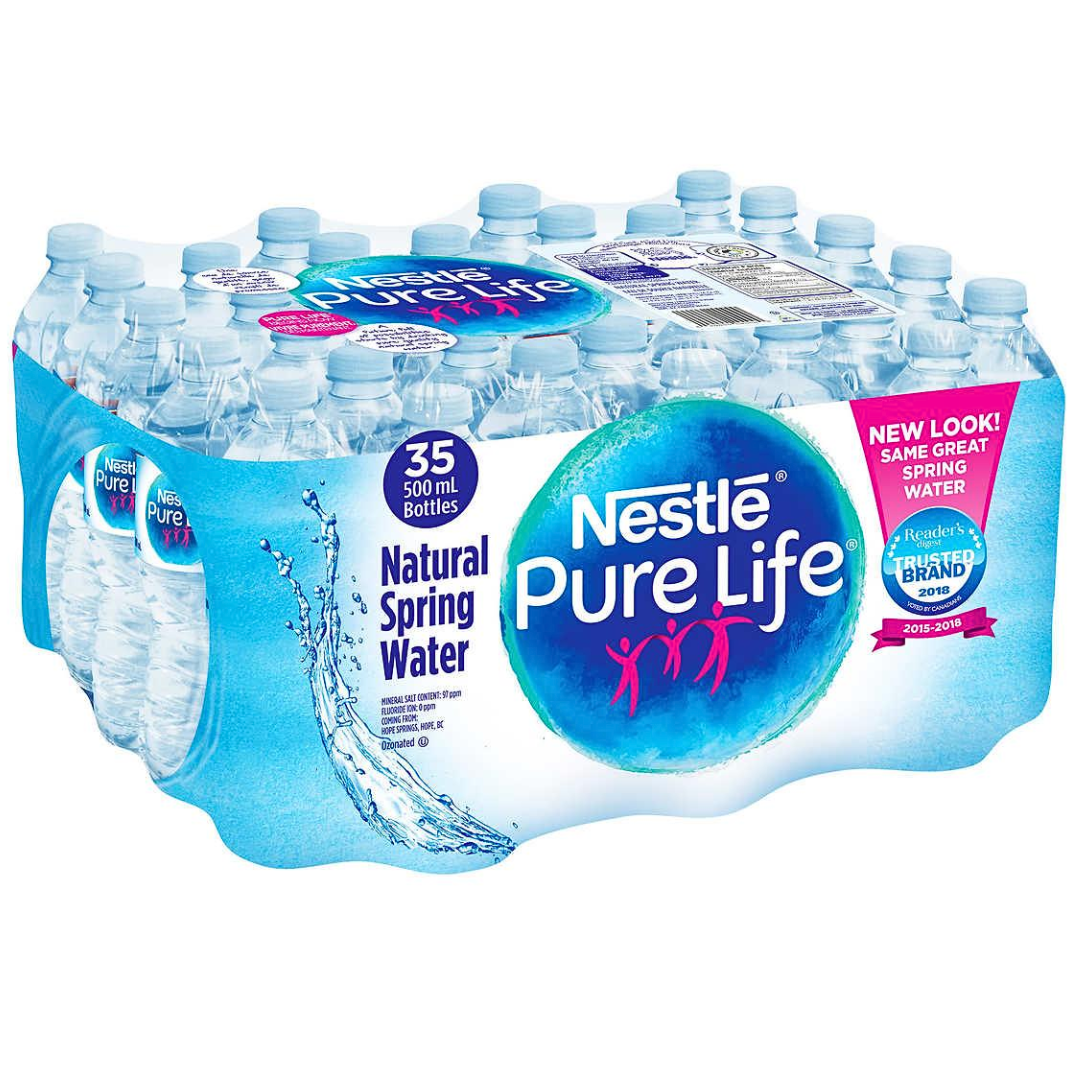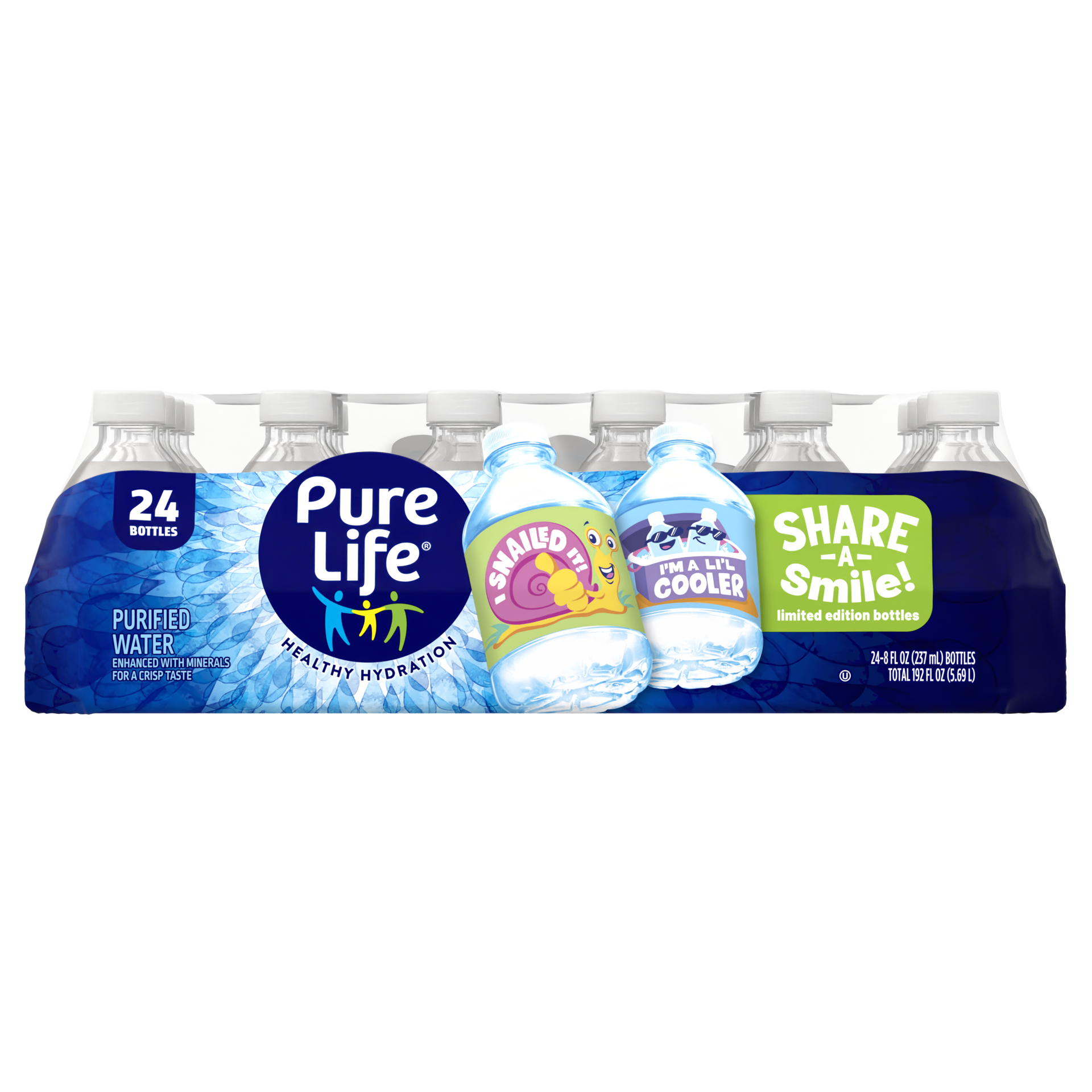Is Pure Life Water Bpa Free

Urgent consumer alert: Concerns are swirling regarding the safety of Nestlé Pure Life bottled water. Questions are being raised about whether the bottles contain BPA, a chemical linked to potential health risks.
This article cuts through the confusion, providing a clear and concise answer to the question: Is Pure Life water bottle BPA free? We'll delve into the facts, addressing consumer concerns and providing the definitive answer.
The Question: Is Pure Life Bottled Water BPA-Free?
The short answer is: Yes, Nestlé Pure Life bottled water is marketed as BPA-free.
Nestlé Waters North America states that the bottles are made from polyethylene terephthalate (PET), which does not contain BPA.
However, consumer concerns persist, fueled by misinformation and general anxieties about plastic safety.
Understanding BPA and PET
BPA (Bisphenol A) is an industrial chemical used to make certain plastics and resins.
It has been linked to potential health problems, including hormonal disruption and an increased risk of some cancers.
PET, on the other hand, is a different type of plastic commonly used for beverage bottles and food containers. It's generally considered safe and does not contain BPA.
Nestlé's Official Stance
Nestlé explicitly states on their website and in product information that Pure Life bottles are made of PET plastic and are BPA-free.
They emphasize their commitment to providing safe and high-quality drinking water.
The company adheres to strict regulatory standards and conducts thorough testing to ensure the safety of their products.
Independent Verification and Regulatory Oversight
While Nestlé claims their bottles are BPA-free, some consumers demand independent verification.
Regulatory bodies like the Food and Drug Administration (FDA) in the United States oversee the safety of food and beverage packaging.
These agencies set standards and conduct inspections to ensure that products meet safety requirements.
Addressing Consumer Concerns
Despite assurances, some consumers remain wary of plastics, including PET.
Concerns about leaching of other chemicals from plastic into water persist.
Proper storage and handling of bottled water, avoiding excessive heat and sunlight, can minimize potential risks.
Alternatives to Bottled Water
For consumers seeking alternatives to bottled water, options include using refillable water bottles made of stainless steel or glass.
These materials are known to be BPA-free and less likely to leach chemicals into the water.
Investing in a home water filter is also a viable option for purified drinking water.
The Bottom Line: Pure Life and BPA
Based on Nestlé's statements and the properties of PET plastic, Pure Life bottled water is considered BPA-free.
However, consumer vigilance and informed choices are always recommended.
Staying updated on the latest research regarding plastics and food safety empowers consumers to make responsible decisions.
Ongoing Developments and Next Steps
The debate surrounding plastic safety is ongoing.
Scientists continue to study the potential effects of various plastics and chemicals on human health.
Consumers should stay informed about the latest findings and advocate for stricter regulations on plastic production and usage.
Further Information
For more detailed information, consult the Nestlé Waters North America website and resources from the Food and Drug Administration.
